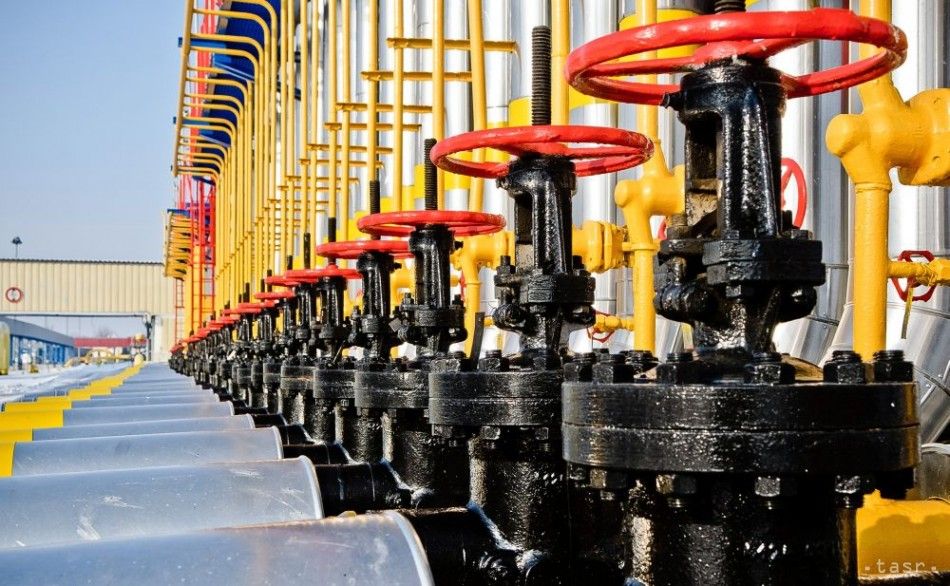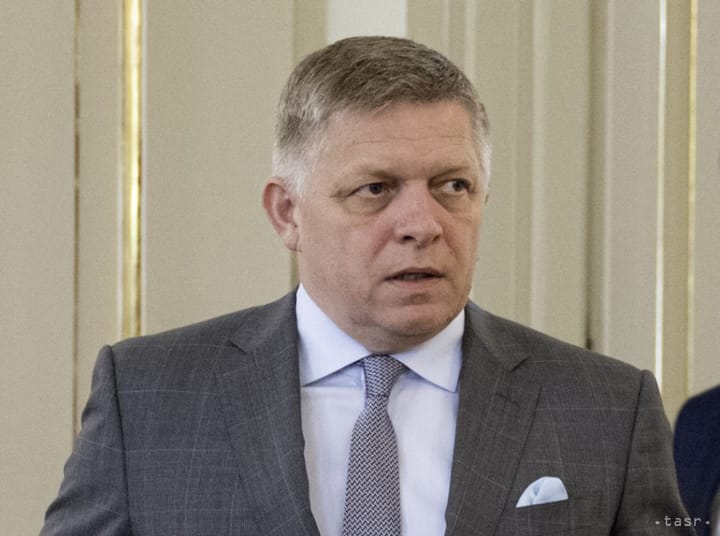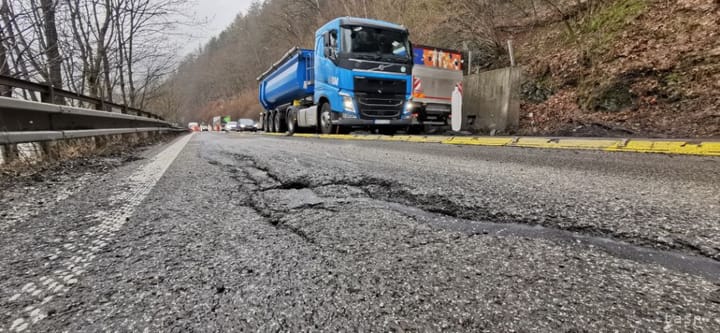Eustream Presents Plan for Green Hydrogen Production in Velke Kapusany

Bratislava/Velke Kapusany, May 26 (TASR) – Semi-state company Eustream presented a new project involving hydrogen production from renewable sources to MPs of the parliamentary economic affairs committee at the compressor station in Velke Kapusany (Kosice region) on Wednesday, TASR learnt from company spokesman Pavol Kubik on the same day.
“We plan to use the produced green hydrogen as gas to drive compressor turbines. We want to contribute to the decarbonisation of international transport and thus take an important step in our plan to be 100 percent ready for the future transport of renewable and low-carbon gases. In addition to supporting decarbonisation goals, it is about a further technological and strategic development of the compressor station in eastern Slovakia,” said Eustream general director Rastislav Nukovic.
As part of their working visit to the compressor station, MPs checked the existing technology, which is used to ensure the transport of natural gas for target European markets. In addition to a traditional flow from the east to the west, one of the largest compressor stations in Europe also provides service to supply Ukraine in the reverse direction. According to Kubik, MPs were particularly interested in progress in the construction of the Slovak-Polish gas pipeline, which will allow Central and Eastern Europe to diversify resources through a new access to the LNG market.
Eustream is a Slovak gas transporter operating a network consisting of four to five parallel gas pipelines connecting Ukraine, the Czech Republic, Austria, Hungary and soon also Poland. The company has joined the European Hydrogen Backbone initiative, aimed at supporting future hydrogen transport routes in the EU. The initiative plans to create a network of almost 40,000 kilometres of hydrogen pipelines connecting 21 European countries by 2040. The Slovak part represents an important contribution to this initiative, enabling the future transport of hydrogen potentially supplied from Ukraine, or other cross-border flows, said Kubik.



